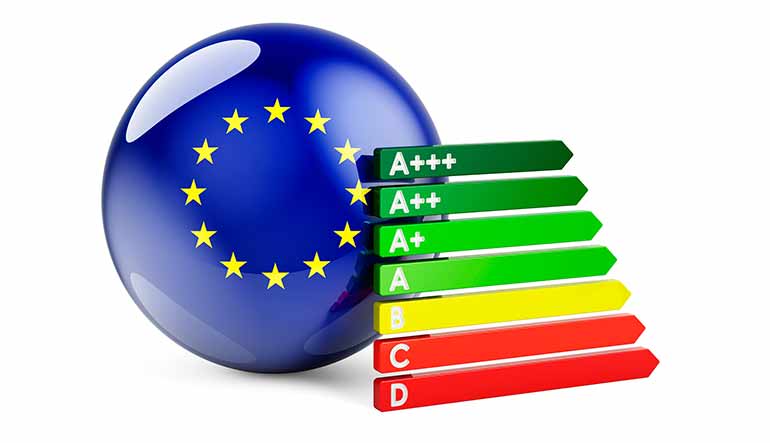EU agrees tougher energy efficiency targets
11th March 2023
EUROPE: The European Parliament has agreed an EU energy efficiency target of 11.7% for 2030, exceeding the Commission’s original ‘Fit for 55′ proposal.
The reform and strengthening of the EU Energy Efficiency Directive is seen as a further step in the completion of the ‘Fit for 55′ package to deliver the European Green Deal and the REPowerEU Plan.
EU countries will now have to take energy efficiency into consideration in policy, planning and major investment decisions in the energy sector and beyond. It requires EU member states to collectively ensure an additional reduction of final and primary energy consumption, compared with energy consumption forecasts made in 2020.
The provisional deal, nearly doubles the annual energy savings obligation. EU countries will be required to achieve new savings each year of 1.49% of final energy consumption on average, from 2024 to 2030, up from the current level of 0.8%. They will gradually have to reach 1.9% by the end of 2030.
The revised rules also give a greater responsibility to the public sector to increase energy efficiency. Public bodies will need to systematically take into account energy efficiency requirements in their public procurement of products, services, buildings and works.
Under the revised directive, energy management systems will become a default obligation for large energy consumers. All enterprises, including SMEs that exceed 85TJ of annual energy consumption, will have to implement an energy management system. Otherwise, they will be subject to an energy audit if their annual consumption exceeds 10TJ. For the first time, a reporting scheme for energy performance of large data centres is also introduced.
EU countries will also have to promote local heating and cooling plans in large municipalities having populations above 45,000 and also move to ensure a fully decarbonised district heating and cooling supply by 2050. Support to new high-efficiency cogeneration units using natural gas and connected to district heating in efficient district heating and cooling systems will only be possible until 2030, whereas any other fossil fuel use will be banned for new heat generation capacities in such systems.
The provisional agreement now requires formal adoption by the European Parliament and the council.







